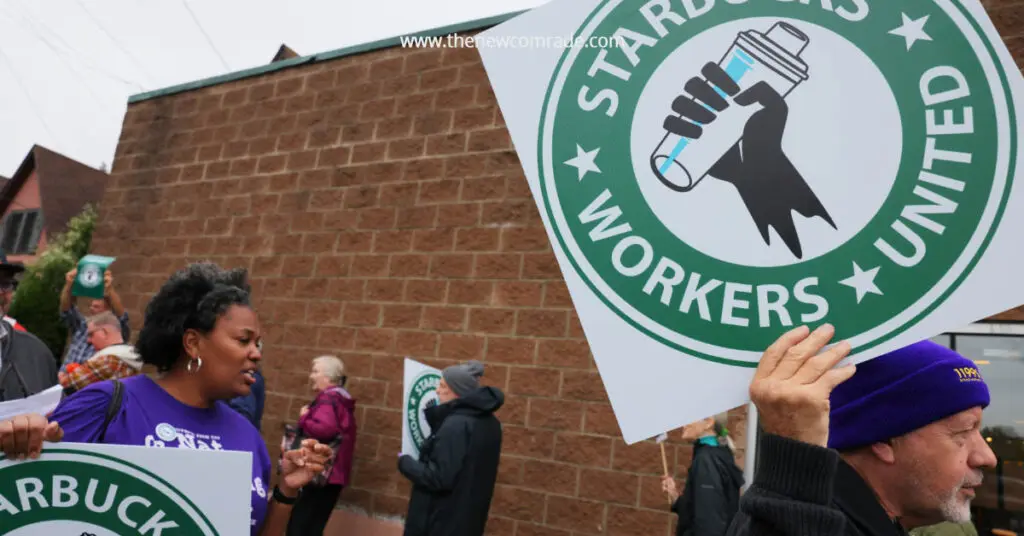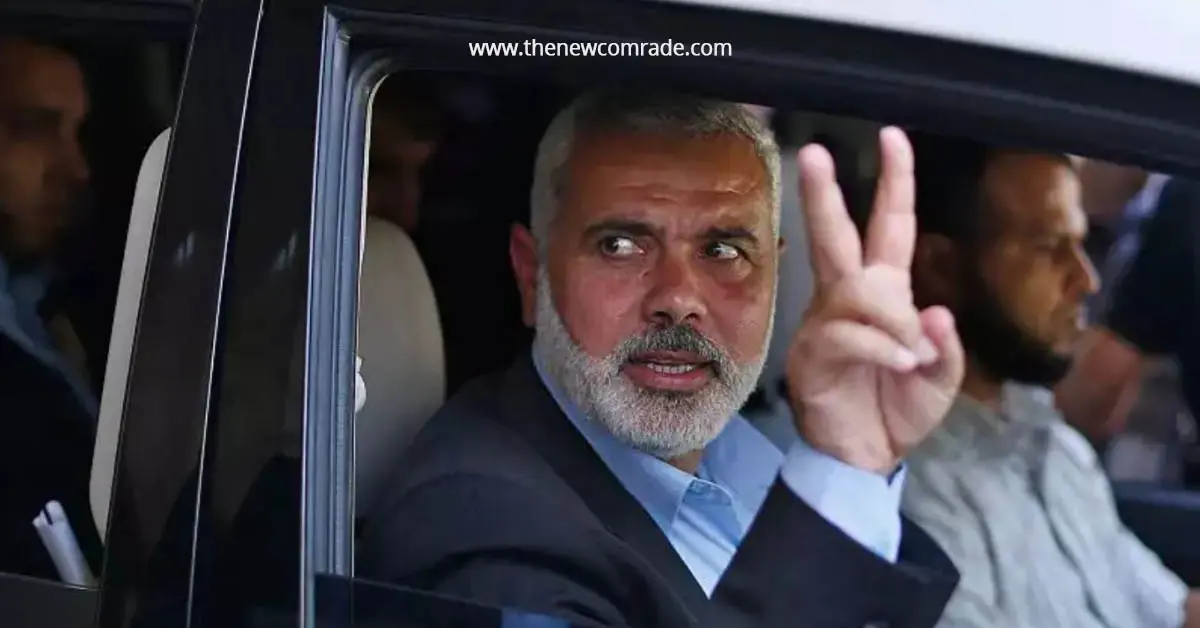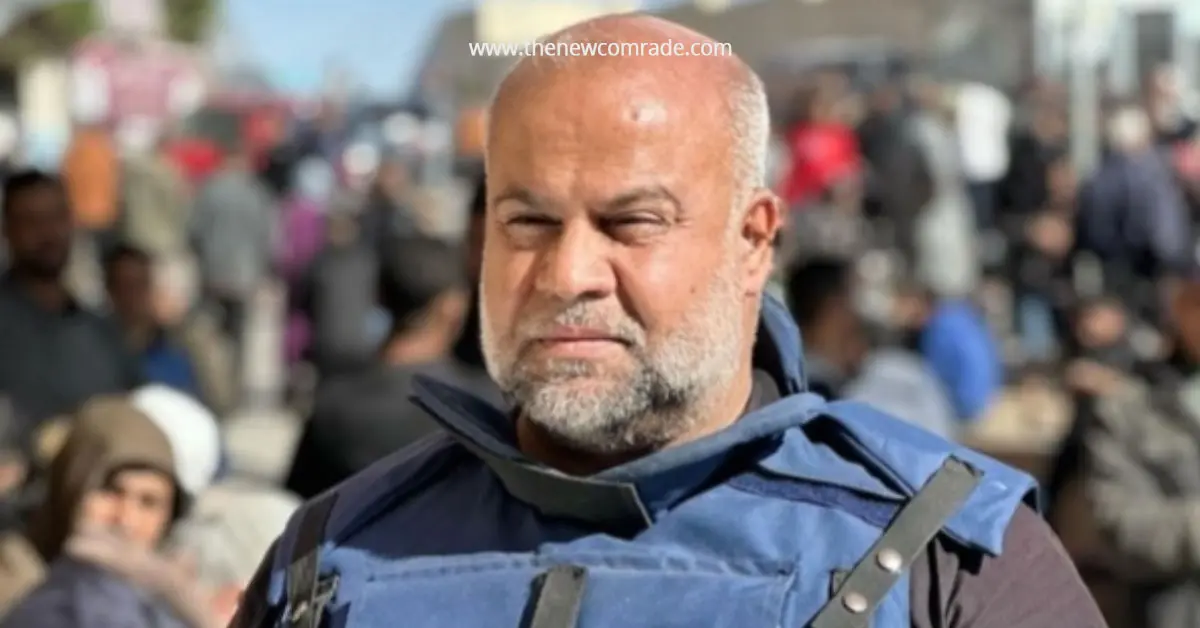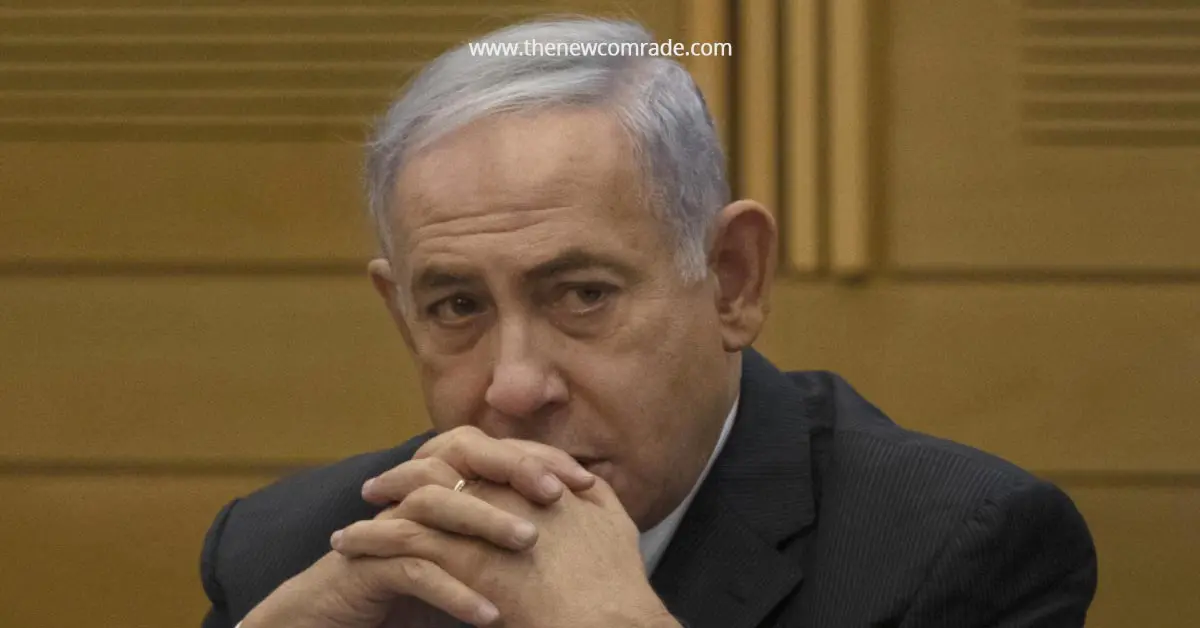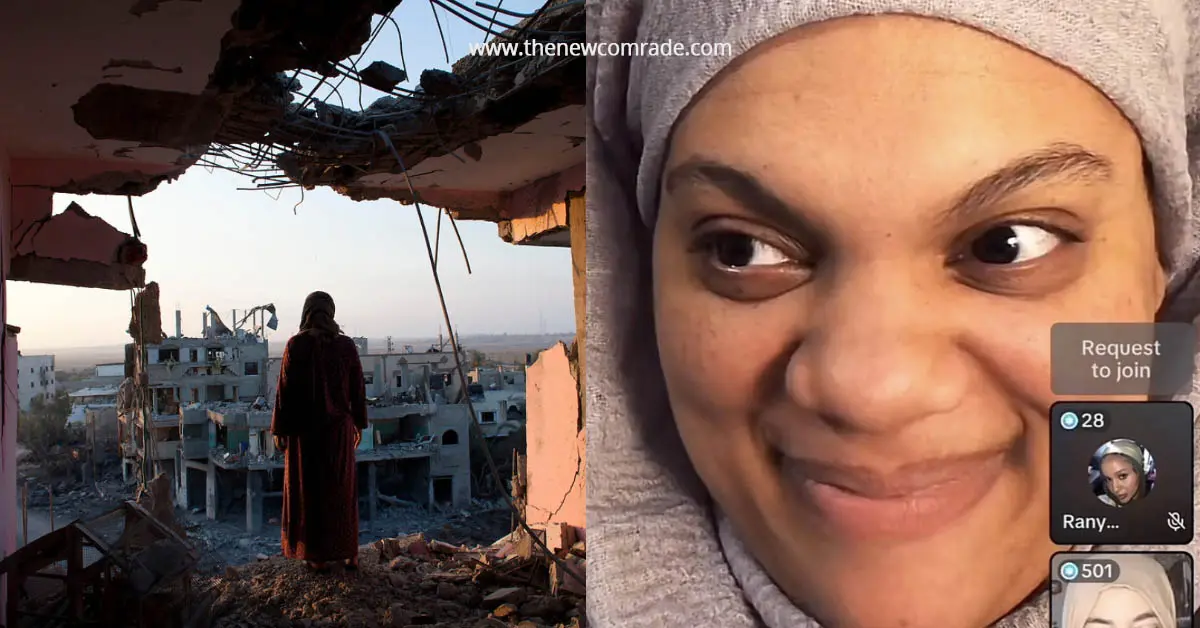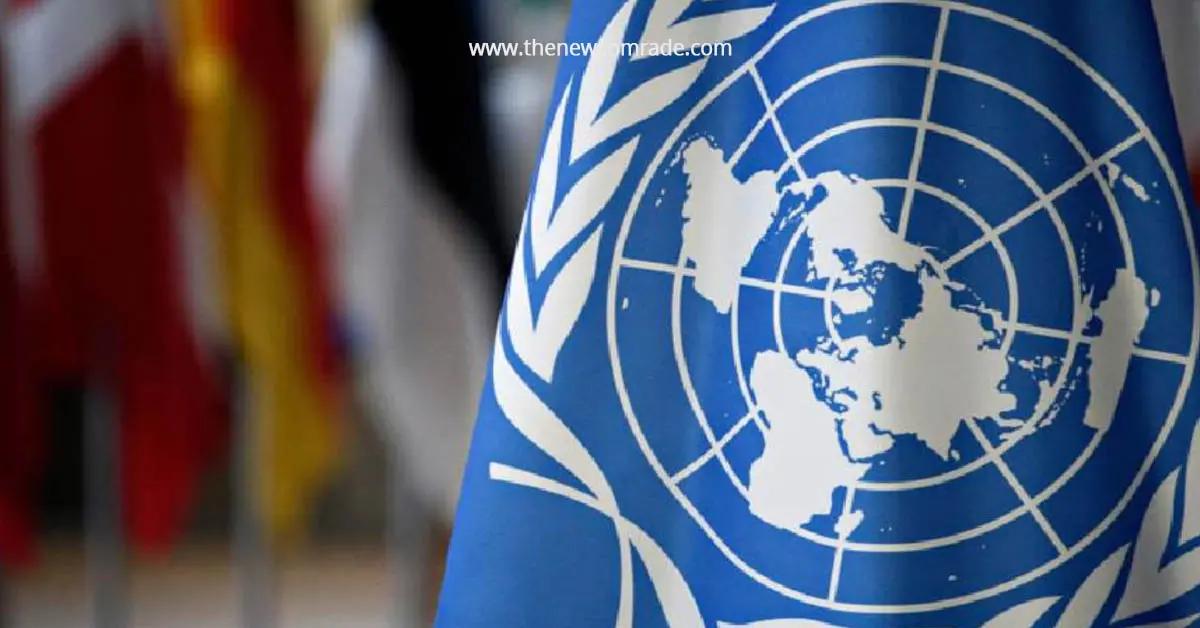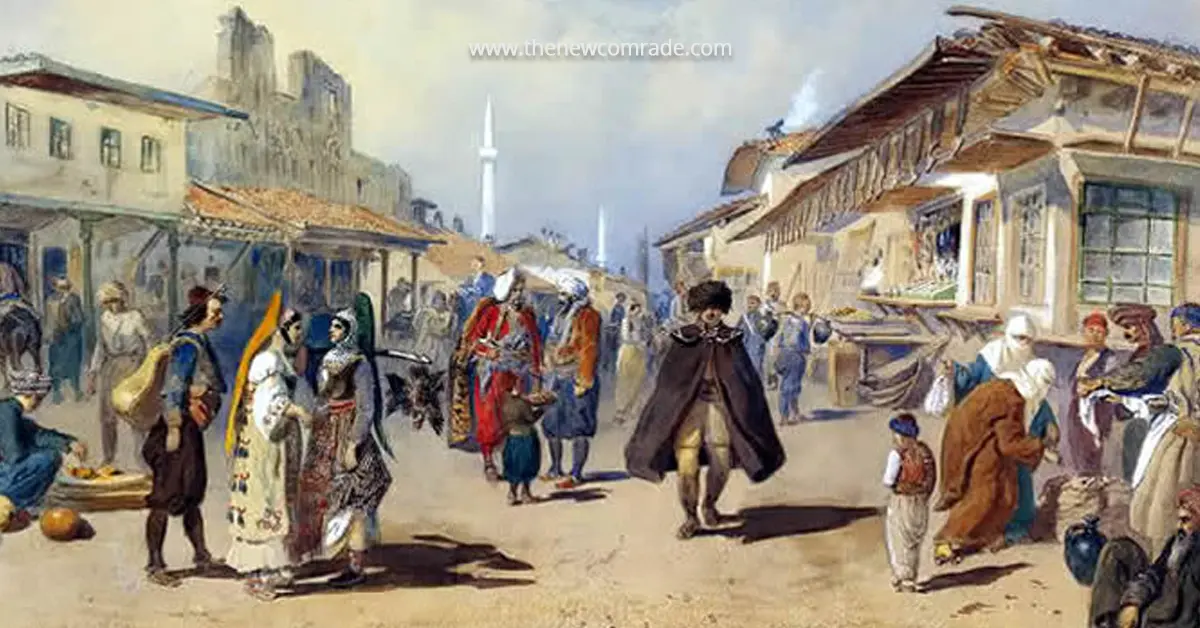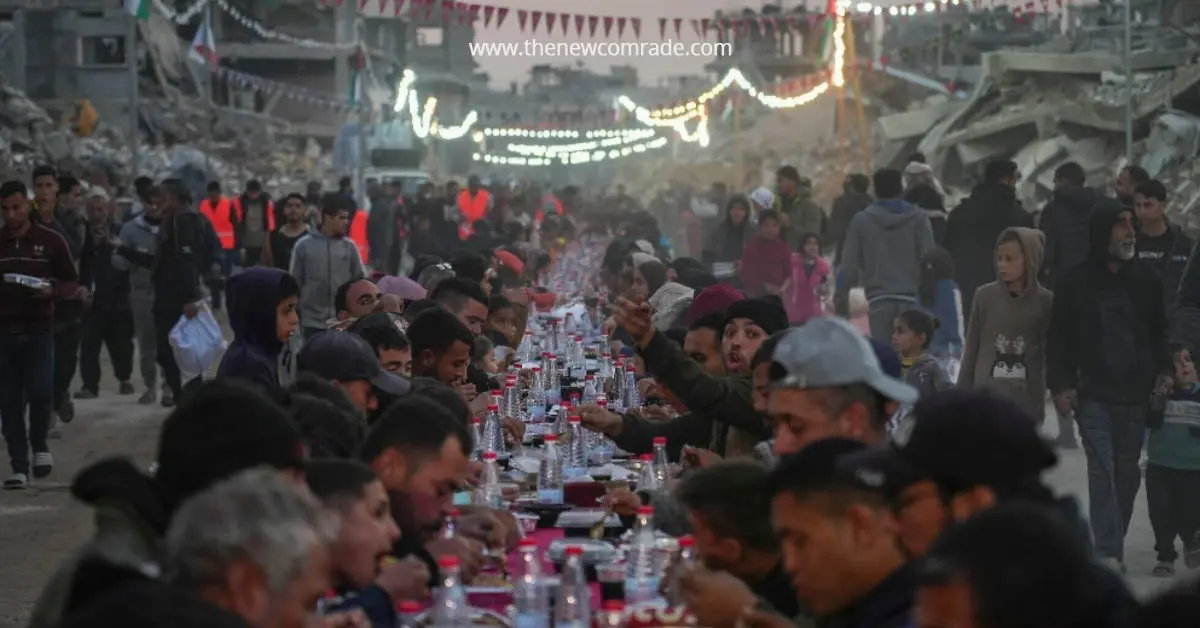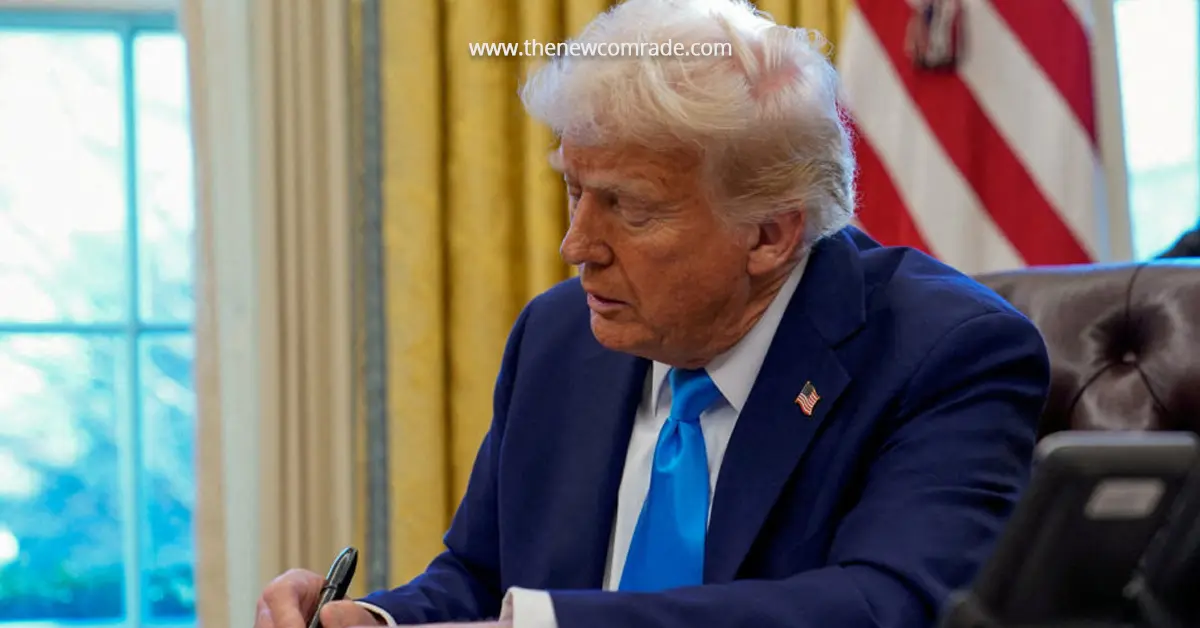The giant Starbucks Corporation, with 35,000 branches globally, slumped 8.96% of its market value, dipping nearly $10.98 billion. The company’s stock set a new negative record, declining for the 12th consecutive session in the market. Subsequently, Starbucks decided to lower the price of its products through offers.
The firm stumbled into controversial global affairs when it was mired in turmoil due to a social media post from Starbucks Workers United, representing numerous coffeehouse servers of the company, conveying unity with the Palestinian people. Many are calling to boycott, alleged to be involved in funding the Israeli Defense Forces (IDF). Although Starbucks has consistently denied funding the IDF since 2014, thee company was compelled to deny the allegations again in a recent statement. Meanwhile, The Zionist forces in Gaza have reportedly been hit by an outbreak of gastrointestinal diseases and food poisoning. A report said that many corporate restaurants and individuals donated contaminated food items to the Israeli forces during preparation, transportation or storage.
In response to ABC News’ request, Starbucks pointed to a statement on the company’s website. “We strongly disagree with the views expressed by Workers United, including its local affiliates, union organizers and those who identify as ‘Starbucks Workers United’ none of these groups speak for Starbucks Coffee Company and do not represent our company’s views, positions, or beliefs,” said Sara Kelly, Starbucks’ Executive Vice President and Chief Partner Officer, in the statement.
“Amid an ongoing boycott due to the Zionist occupation’s aggression against the Gaza Strip, the undercurrent of discontent signals a challenging environment for the company’s future,” an industry analyst said.
When outrage erupted over global corporations backing Israel’s settler colonialism and aggression, activists launched boycotts to express their dissent. Starbucks became one target among many multinational giants. Starbucks in Egypt reportedly laid off workers in late November after being financially affected by the boycott, forcing it to cut expenses.
